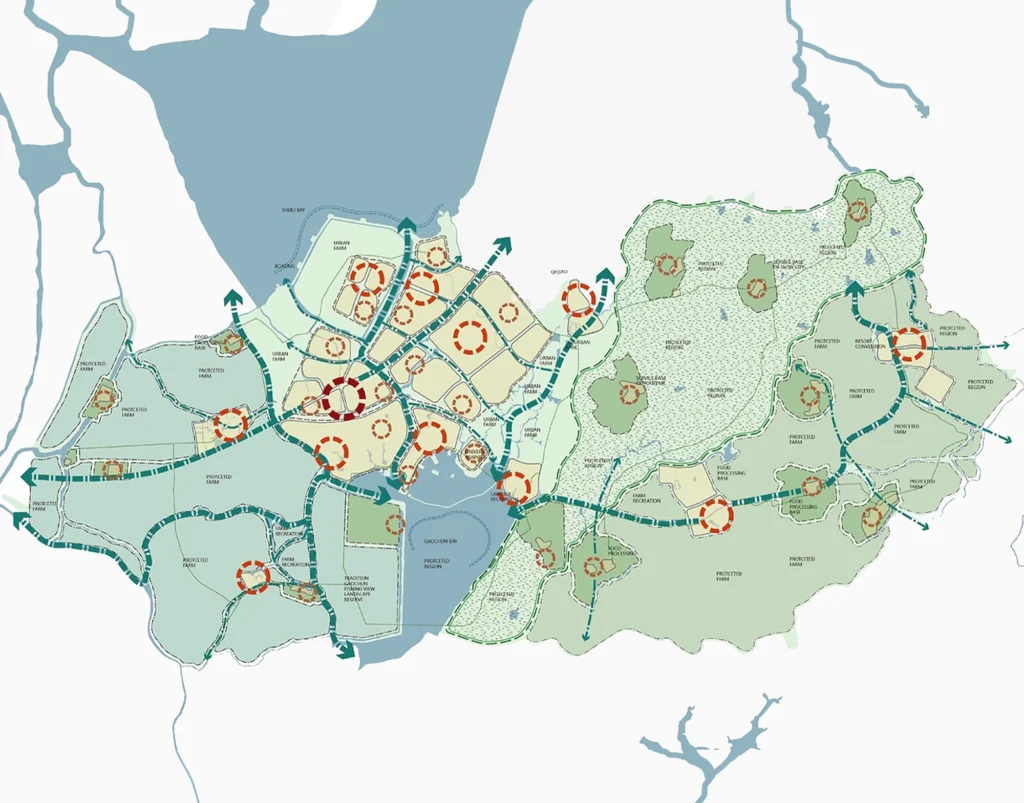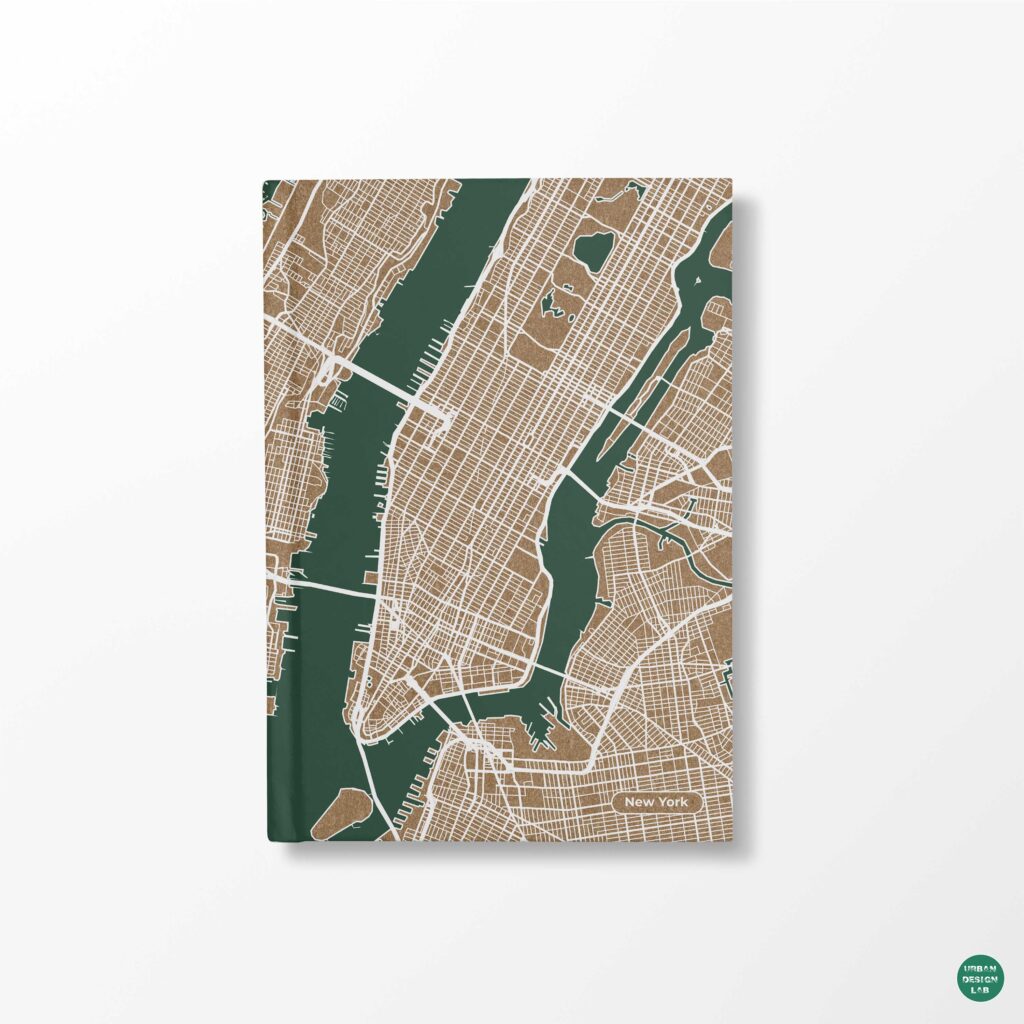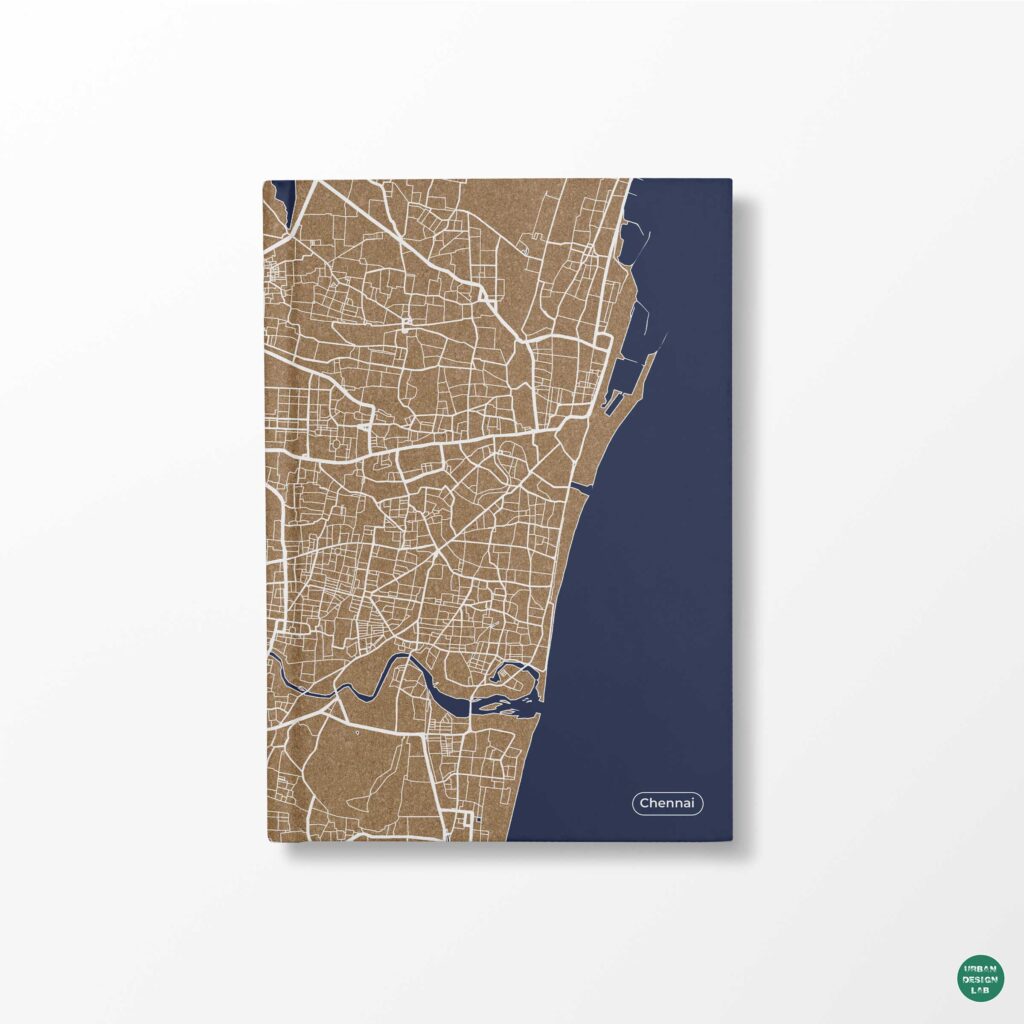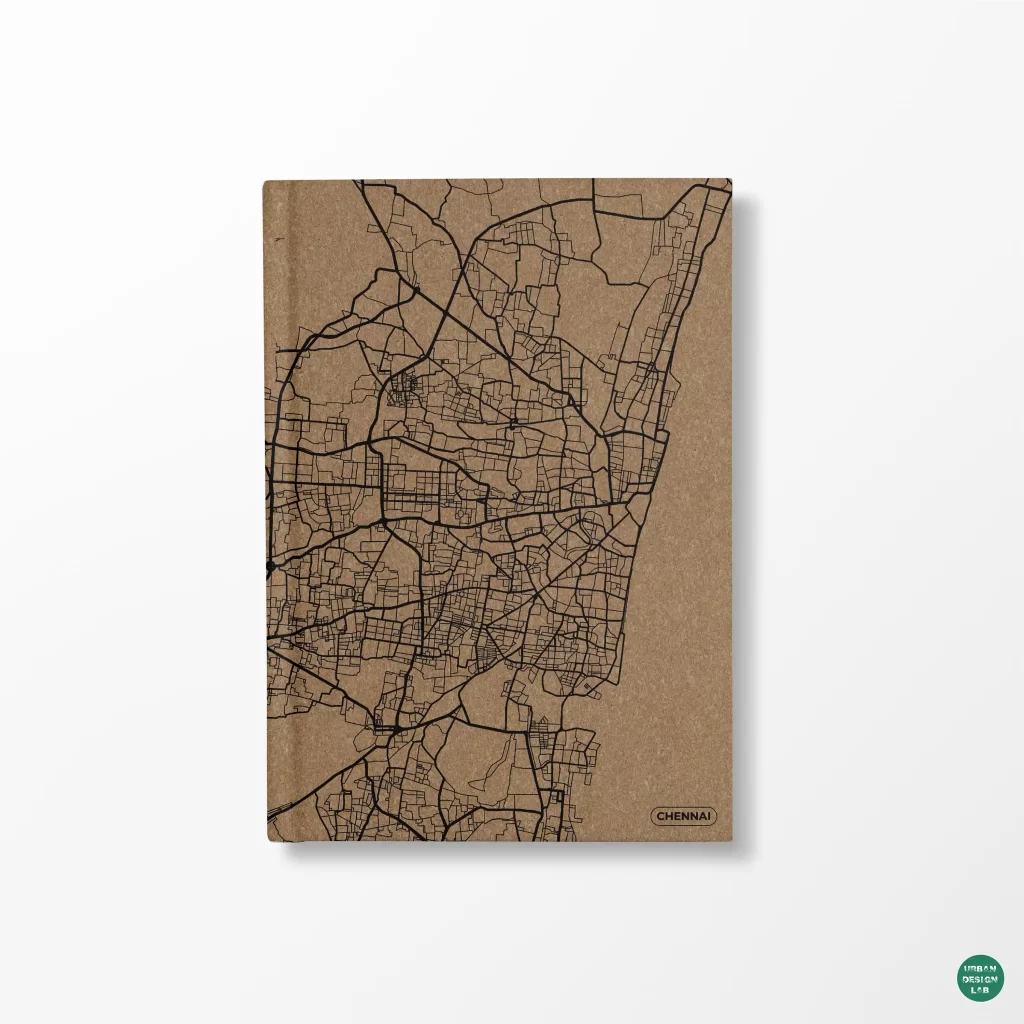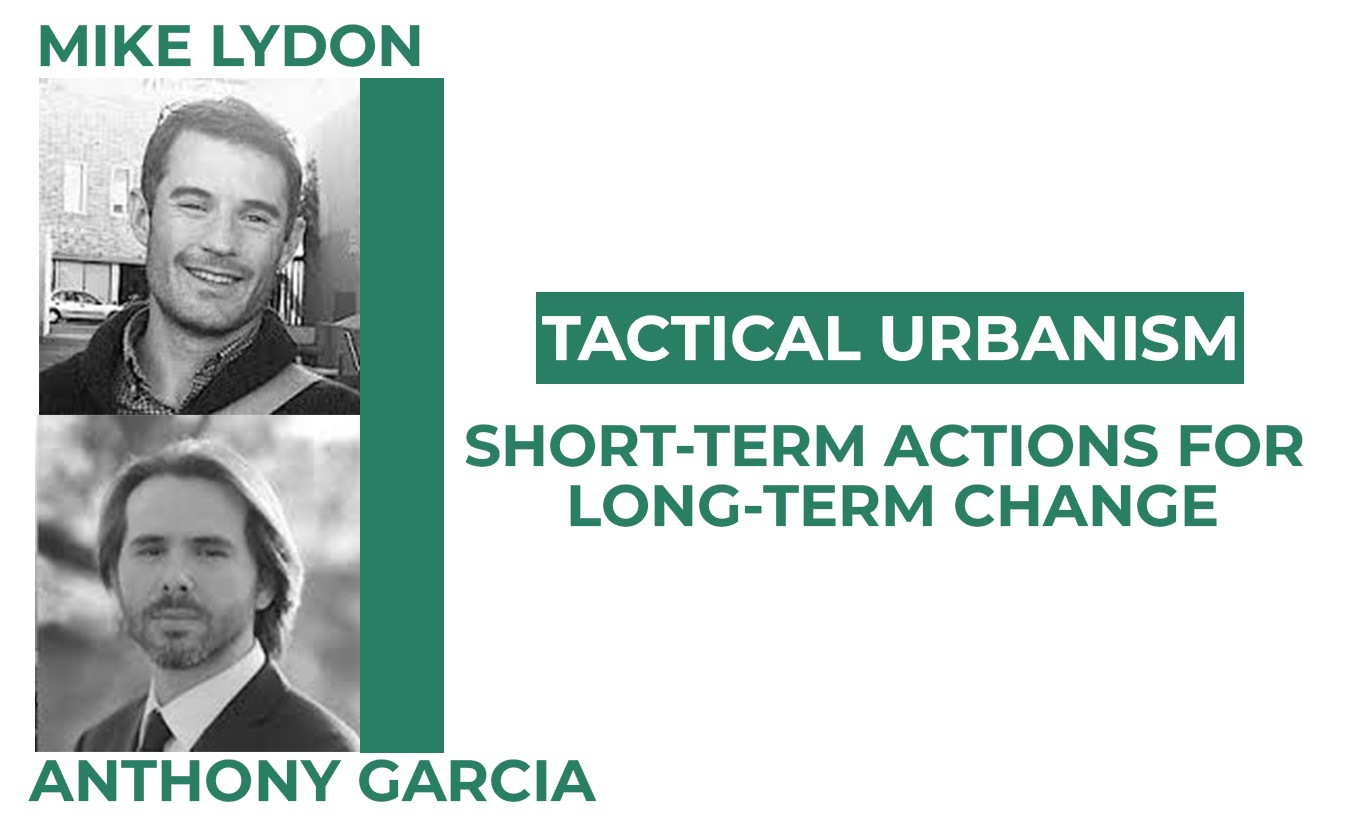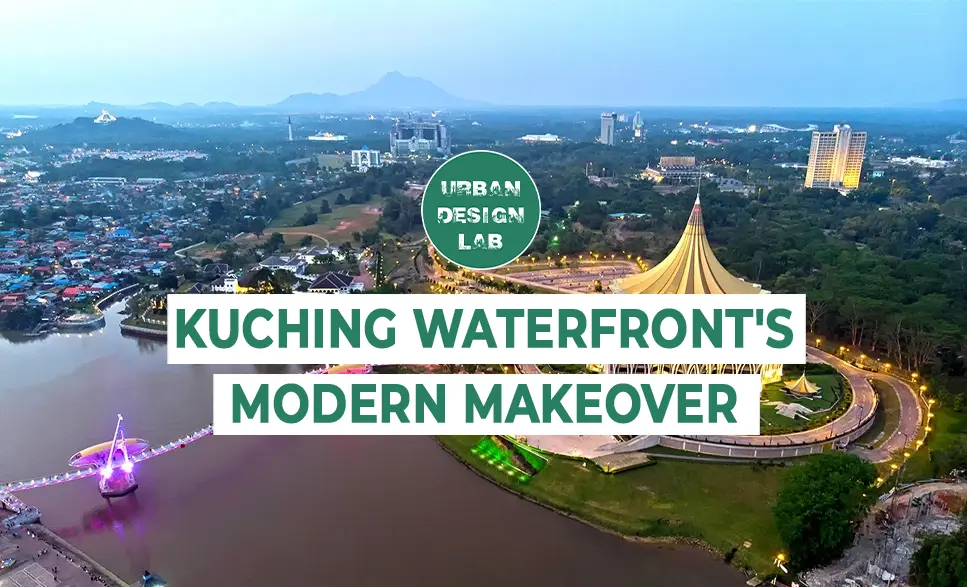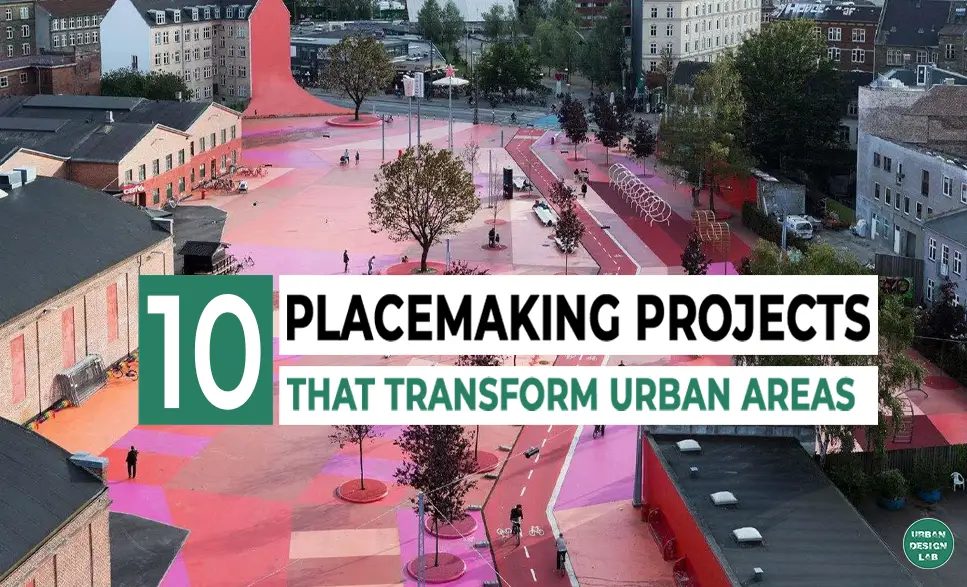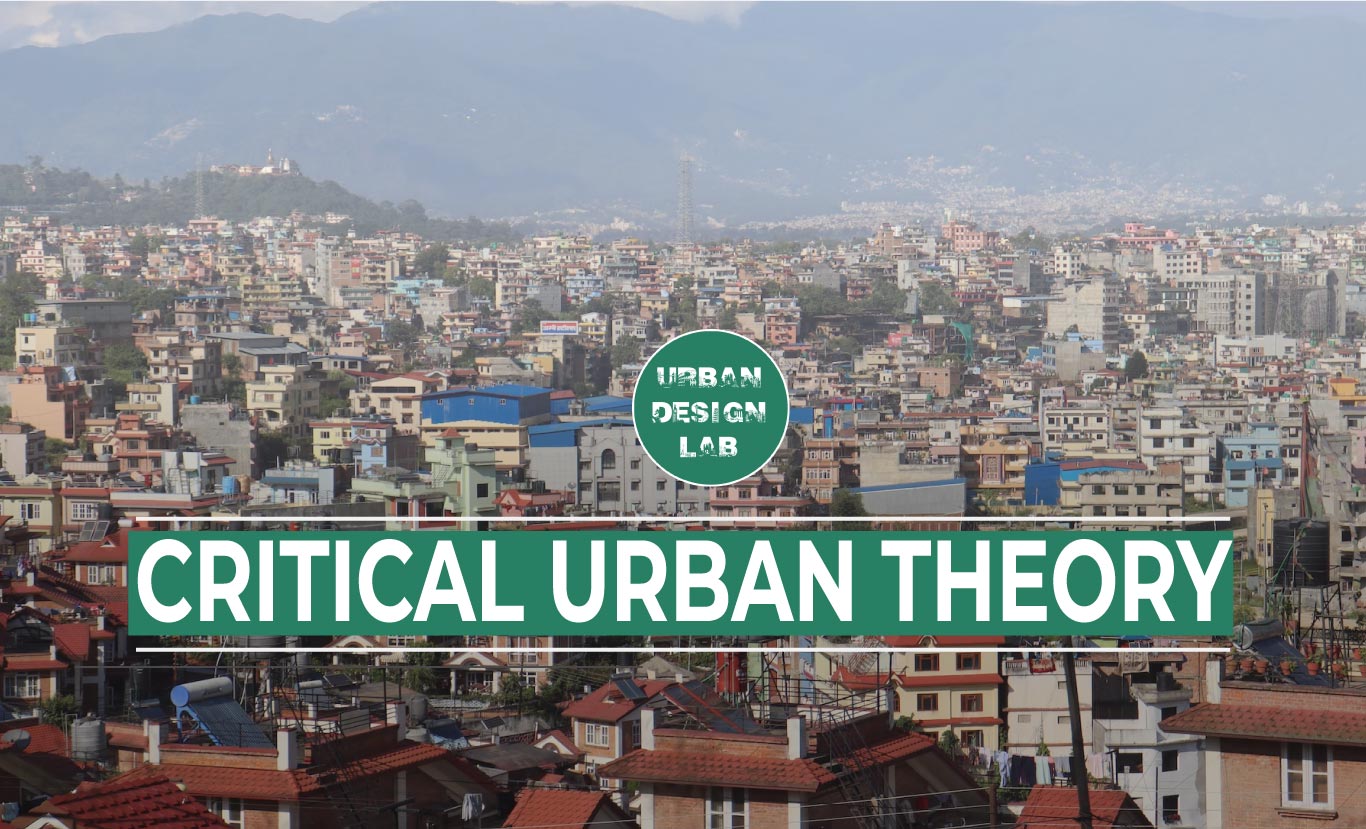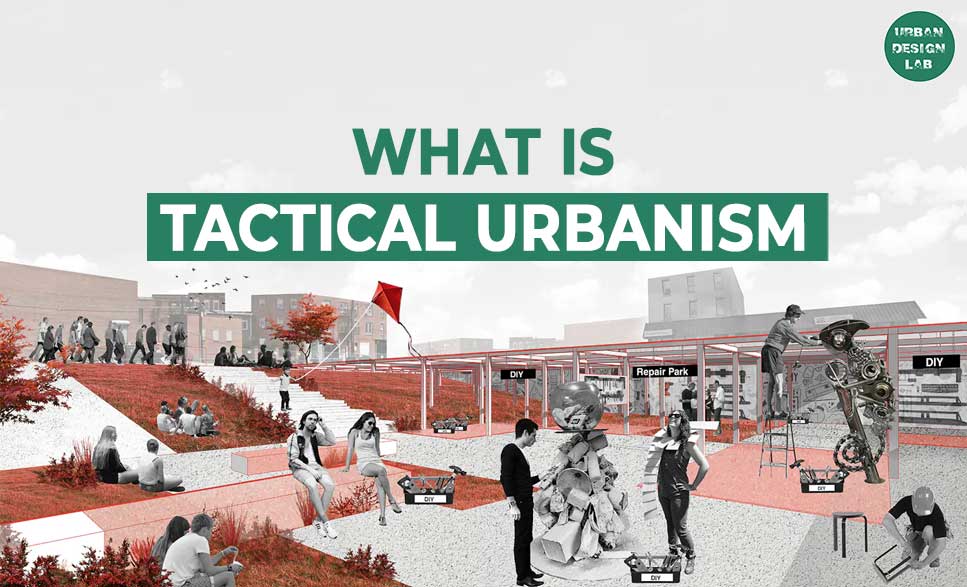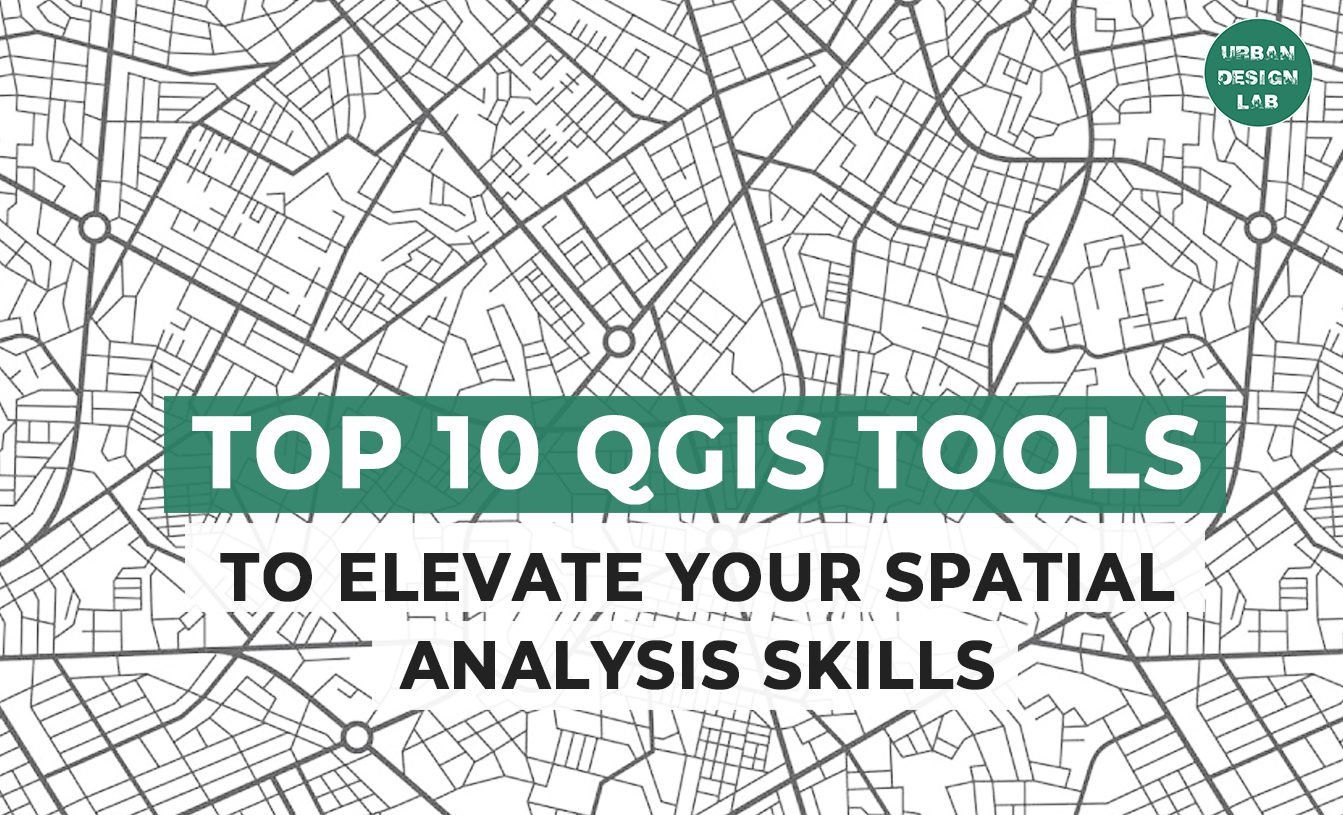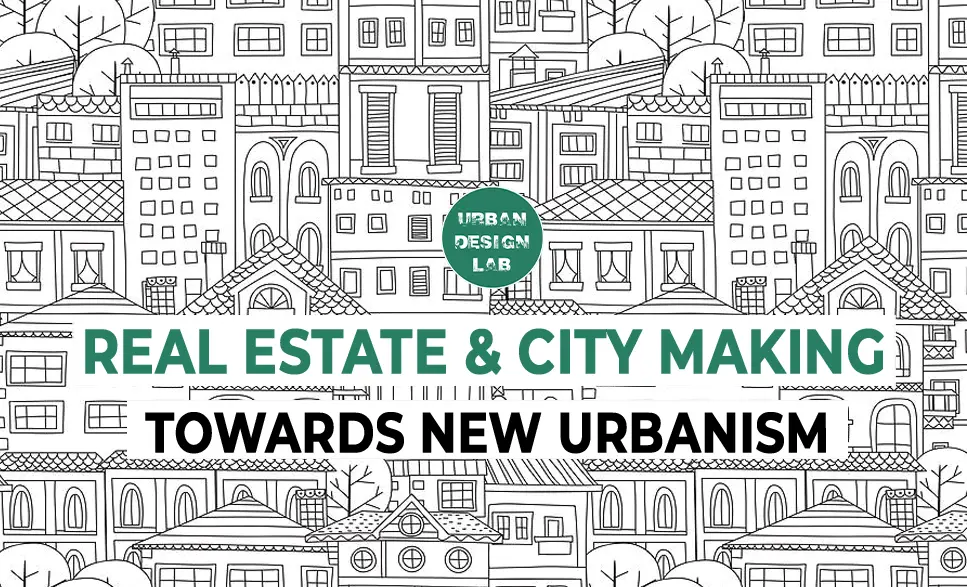
World Wetlands Day 2024 | The Ramsar Convention
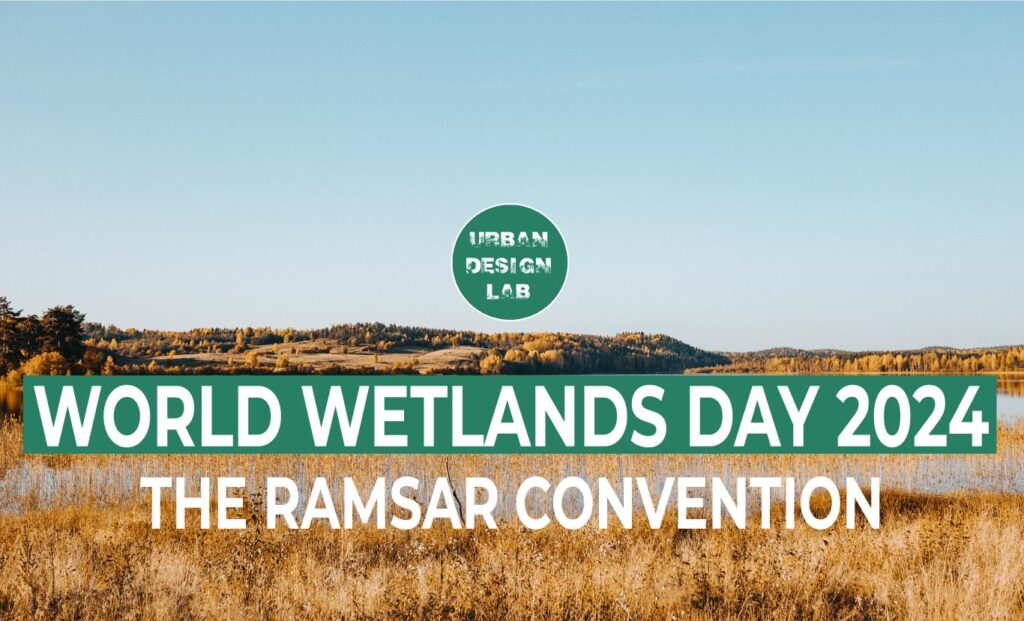
In an era where environmental conservation has become more crucial than ever, World Wetlands Day 2024 emerges as a beacon of hope and a reminder of the indispensable role wetlands play in sustaining the planet’s health and biodiversity. Under the poignant theme “Wetlands and Human Wellbeing,” this day calls upon the global community to recognize and reinforce the bond between wetlands and the myriad aspects of human wellbeing. As we delve deeper into the significance of this celebration, let us explore the history, threats, and the rallying cry for the preservation of these vital ecosystems.
A Journey Through Time: The Ramsar Convention
The cornerstone of wetland conservation efforts, the Ramsar Convention, was established on 2 February 1971, in the Iranian city of Ramsar. This international treaty, a pioneering effort for the conservation of wetlands, marked the beginning of a global realization of the value of wetlands. The convention’s adoption underscores a worldwide commitment to the preservation and wise use of wetlands, laying the groundwork for the annual celebration of World Wetlands Day. The UN General Assembly’s Resolution 75/317 in 2021, which officially designated February 2nd as World Wetlands Day, further solidified the importance of this day in raising awareness and driving action for the protection of wetlands globally.
The Ramsar Convention Timeline
Project MAR Approval
IUCN approves Project MAR, initiating a focused effort on the conservation and management of wetlands.
MAR Conference
| The MAR Conference, spearheaded by IWRB, lays the groundwork for international collaboration on wetland conservation. |
European Wildfowl Meeting
The First European Meeting on Wildfowl Conservation in St Andrews, UK, marks the beginning of formal international discussions on wildfowl and wetland conservation.
IWRB Wetland Proposal
IWRB outlines proposed subjects for an international agreement or convention on wetlands, emphasizing the need for their safeguarding and management.
Noordwijk Meeting
The Noordwijk meeting further discusses the potential for a wetland convention, underlining the importance of international cooperation.
Wetland Conservation Support
A meeting in Turkey, primarily focusing on extending Project MAR to the Middle East, notes the growing support for a wetland conservation convention.
Soviet Proposal
The Soviet Union introduces its proposal for a wetland and wildfowl conservation convention, highlighting differing international perspectives.
IUGB Conference
At the IUGB Conference in Moscow, renewed discussions between IWRB and Soviet scientists reinforce the momentum towards establishing a wetland convention.
Draft of Wetland Convention
The Espoo meeting results in a refined draft of the wetland conservation convention, setting the stage for its official adoption.
Ramsar Convention Signing
The Ramsar Convention on Wetlands is signed on 2 February 1971, marking a significant milestone in global wetland conservation.
COP1 and Guidelines
First Conference of the Contracting Parties (COP1) held, establishing key operational guidelines.
Ramsar List Creation
Creation of the Ramsar List of Wetlands of International Importance, a critical tool for wetland conservation.
World Wetlands Day
World Wetlands Day is first celebrated, raising awareness about the importance of wetlands.
1,500 Ramsar Sites
The number of Ramsar sites exceeds 1,500, marking a significant milestone in global wetland protection.
Ramsar Culture Network
Launch of the Ramsar Culture Network, recognizing the cultural values of wetlands and integrating them into conservation efforts.
Strategic Plan 2019-2024
Adoption of the Ramsar Strategic Plan 2019-2024 at COP13, outlining the future direction for wetland conservation.
UN World Wetlands Day Designation
The UN General Assembly adopts Resolution 75/317, officially designating 2 February as World Wetlands Day.
UDL Photoshop Masterclass
Decipher the secrets of Mapping and 3D Visualisation
The Looming Threats
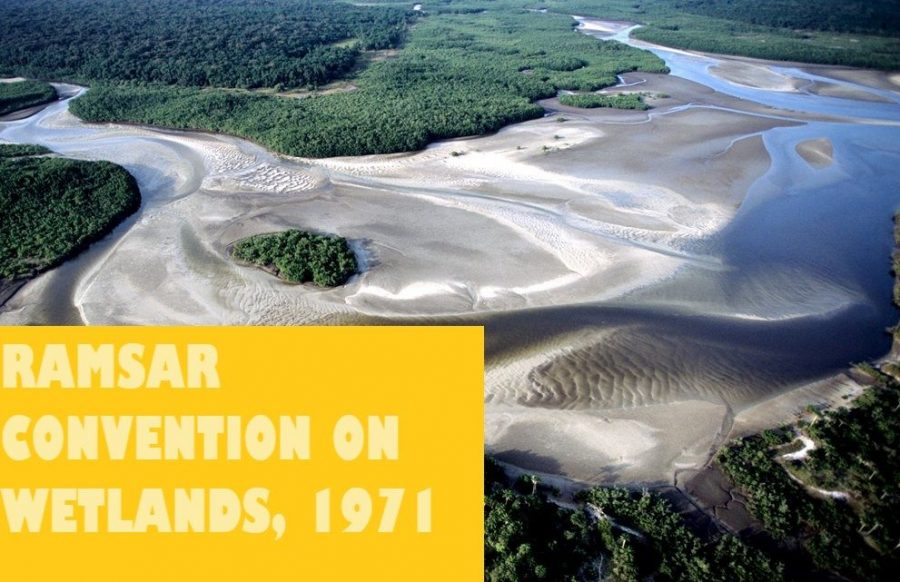

Despite their ecological, economic, and social importance, wetlands are under siege. Human-induced threats such as drainage for agricultural expansion, pollution, and unsustainable fishing practices are leading to the rapid degradation of these habitats. The statistics paint a grim picture: nearly 90% of the world’s wetlands have disappeared since the 1700s, with their destruction occurring three times faster than that of forests. This alarming rate of loss not only diminishes biodiversity but also reduces the capacity of wetlands to provide crucial services, including water purification, flood control, and carbon sequestration.
The impact of climate change compounds these threats, altering wetland ecosystems through increased temperatures, sea-level rise, and changes in precipitation patterns. These climatic shifts threaten to disrupt the delicate balance of wetland ecosystems, leading to further loss of habitat for the countless species that rely on them for survival. Urbanization and infrastructure development continue to encroach on wetland areas, converting them into cities, roads, and industrial sites, further fragmenting these vital landscapes and leaving little room for the natural processes that wetlands support.
2024: A Focus on Human Wellbeing
The theme for World Wetlands Day 2024, “Wetlands and Human Wellbeing,” shines a light on the intrinsic connection between wetlands and the health of humanity. It is a reminder that wetlands are not just habitats for flora and fauna but are also fundamental to the prosperity, health, and resilience of human communities. They are our natural defenses against natural disasters, our allies in combating climate change, and our sources of freshwater, food, and recreation. By filtering pollutants and providing a buffer against extreme weather events, wetlands contribute significantly to the cleanliness of our water and the stability of our climates, directly impacting our health and wellbeing.
Furthermore, wetlands serve as critical sources of biodiversity, offering habitats for a vast array of species while supporting livelihoods and cultural practices for many communities worldwide. They are essential for mental and physical health, offering spaces for recreation, education, and spiritual enrichment. This year’s theme is a clarion call to action to recognize the value of wetlands in ensuring our wellbeing and to commit to their preservation. It underscores the necessity of integrating wetland conservation into broader strategies for sustainable development and public health.
A Global Response

World Wetlands Day serves as an ideal platform for increasing understanding and awareness of these critically important ecosystems. Organized by the Secretariat of the Convention on Wetlands, the day brings together governments, environmental organizations, and individuals worldwide to celebrate the importance of wetlands. It encourages actions to conserve and restore them, emphasizing that every effort counts in the fight against their rapid loss.
This global observance fosters a sense of global solidarity in wetland conservation efforts, showcasing successful restoration projects and innovative conservation strategies from around the world. Through educational programs, community-led initiatives, and policy advocacy, World Wetlands Day mobilizes a wide audience, from school children to policymakers, highlighting the urgent need to prioritize wetlands in environmental and development agendas.
The day also serves as a call to action for the international community to strengthen commitments under the Ramsar Convention, enhancing international cooperation for wetland preservation. By sharing knowledge, resources, and best practices, countries can work together to tackle the challenges facing wetlands, from climate change and pollution to unsustainable land use practices.
Spotlight on Ramsar Sites

The Ramsar Convention has led to the designation of over 2,500 Ramsar sites, covering more than 257 million hectares globally. These sites are recognized for their international significance in terms of ecology, botany, zoology, limnology, or hydrology. From the Pantanal, the world’s largest tropical wetland area, to the iconic Sundarbans, the largest mangrove forest in the world, Ramsar sites embody the diversity and ecological significance of wetlands across the globe.
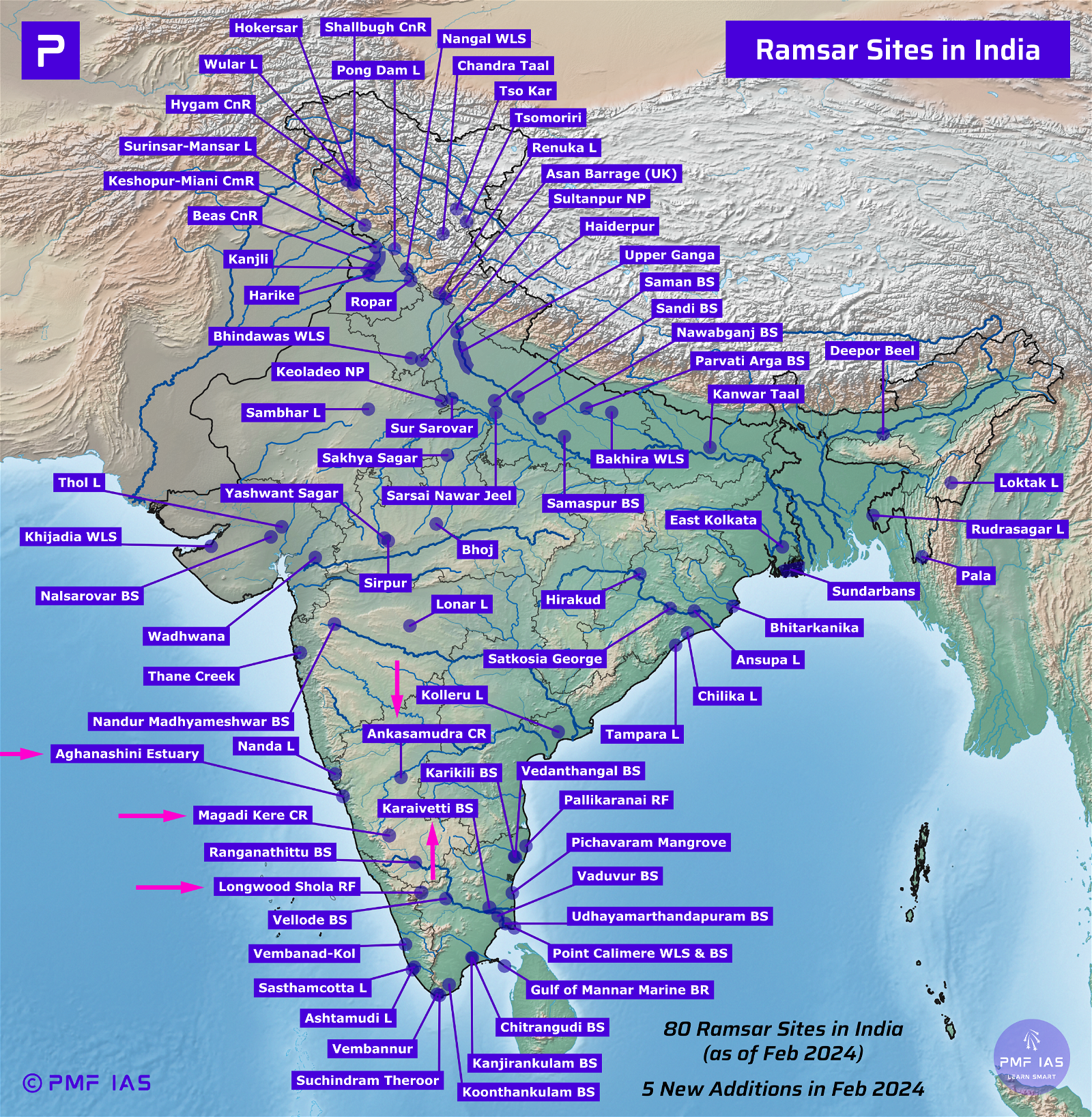

Conclusion: A Call to Value and Protect
As we observe World Wetlands Day 2024, let us embrace the opportunity to recommit to the protection of wetlands. It is a day to celebrate the beauty and ecological importance of these ecosystems, to reflect on our actions, and to inspire collective efforts towards their conservation. By safeguarding wetlands, we preserve their ability to support biodiversity, mitigate climate change, and enhance human wellbeing. In the spirit of this year’s theme, let each of us pledge to value, protect, and cherish our wetlands, for they are the guardians of our globe, crucial for the survival and prosperity of all life on Earth.
UDL Photoshop Masterclass
Decipher the secrets of Mapping and 3D Visualisation

Urban Design Lab
About the Author
This is the admin account of Urban Design Lab. This account publishes articles written by team members, contributions from guest writers, and other occasional submissions. Please feel free to contact us if you have any questions or comments.
Related articles

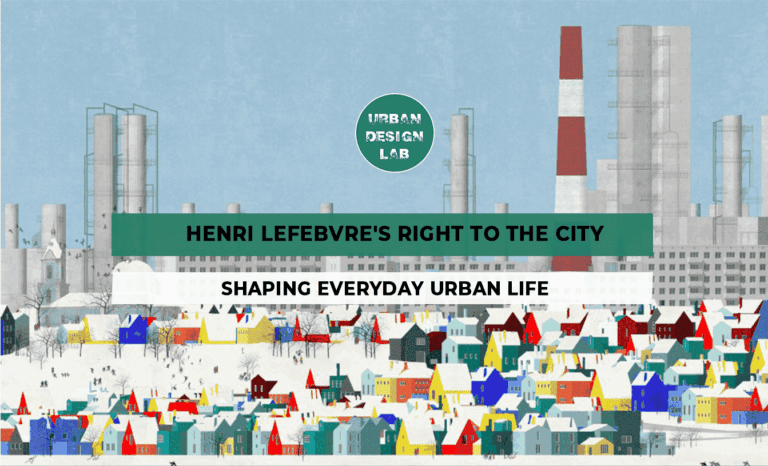
Henri Lefebvre’s Right to the City: Shaping Everyday Urban Life

Anne Hidalgo – aris Transformation & Pedestrian Policy
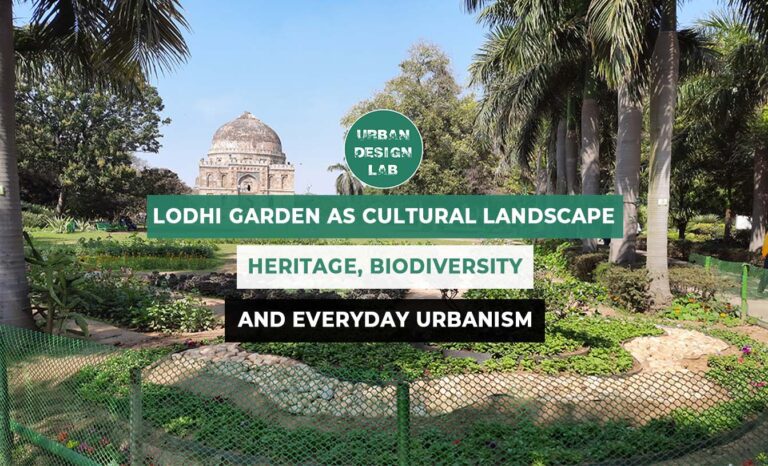

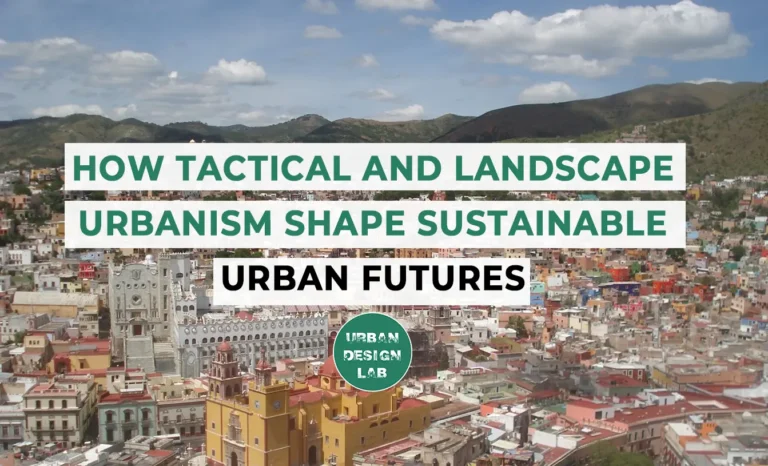
UDL GIS
Masterclass
GIS Made Easy – Learn to Map, Analyse, and Transform Urban Futures
Session Dates
23rd-27th February 2026

Urban Design Lab
Be the part of our Network
Stay updated on workshops, design tools, and calls for collaboration
Curating the best graduate thesis project globally!

Free E-Book
From thesis to Portfolio
A Guide to Convert Academic Work into a Professional Portfolio”
Recent Posts
- Article Posted:
- Article Posted:
- Article Posted:
- Article Posted:
- Article Posted:
- Article Posted:
- Article Posted:
- Article Posted:
- Article Posted:
- Article Posted:
- Article Posted:
- Article Posted:
- Article Posted:
- Article Posted:
Sign up for our Newsletter
“Let’s explore the new avenues of Urban environment together “


